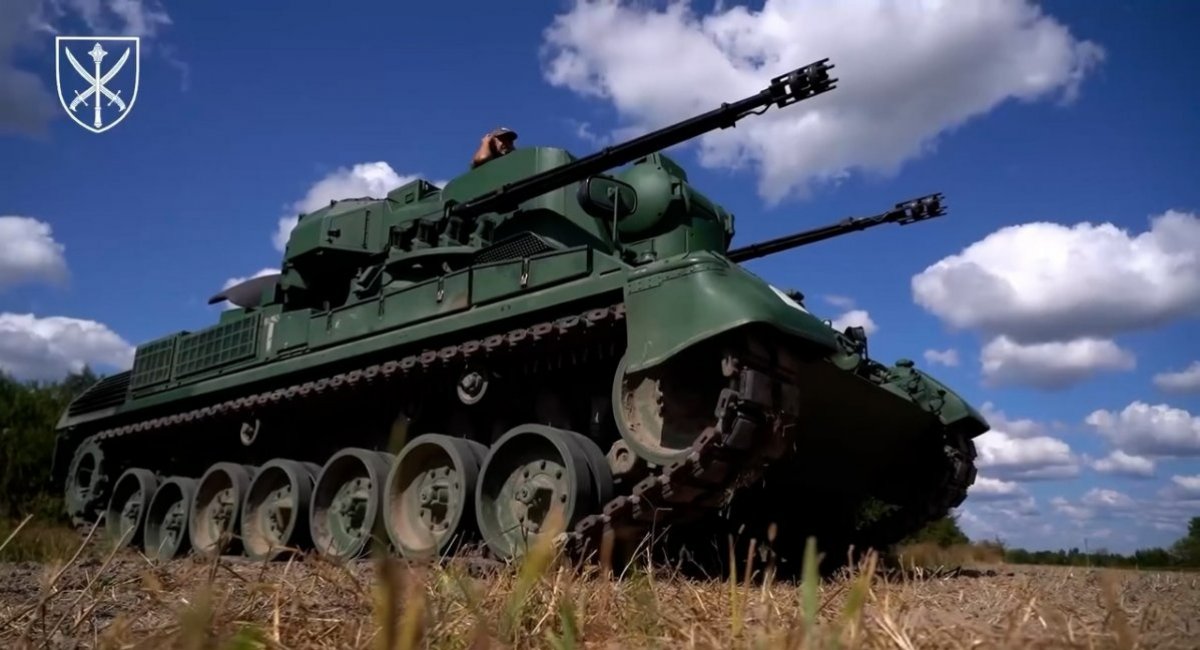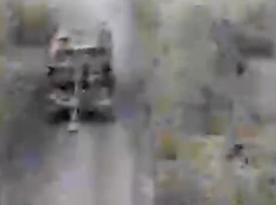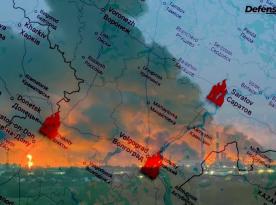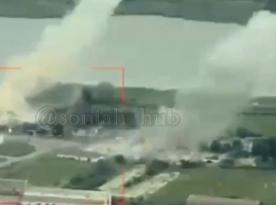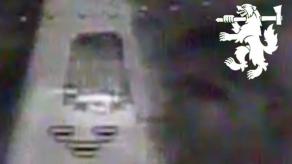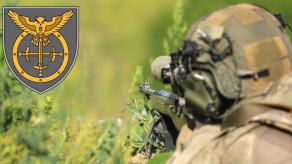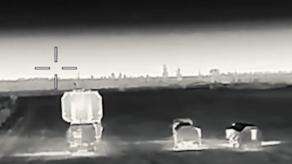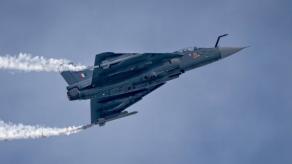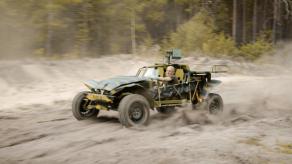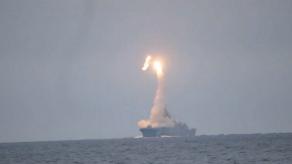Criticism towards German defense manufacturers about their organization of heavy military equipment repairs dates back to at least 2022. Back then, up to half of all PzH 2000 self-propelled artillery systems could be waiting for or in repair instead of service, and the leadership could not tell where the repair hubs should be opened until they ultimately decided to set up the vital facilities right in Ukraine.
First, Rheinmetall opened its service center in Ukraine, then KNDS Deutschland, the German offshoot of the international defense giant, followed suit. The process took an extra year, said Ralph Ketzel, CEO of KNDS Deutschland, and named the key reasons for such a delay in an interview with DW.
Read more: How KNDS Deutschland Will Work in Ukraine - Exclusive Interview With CEO Ralf Ketzel
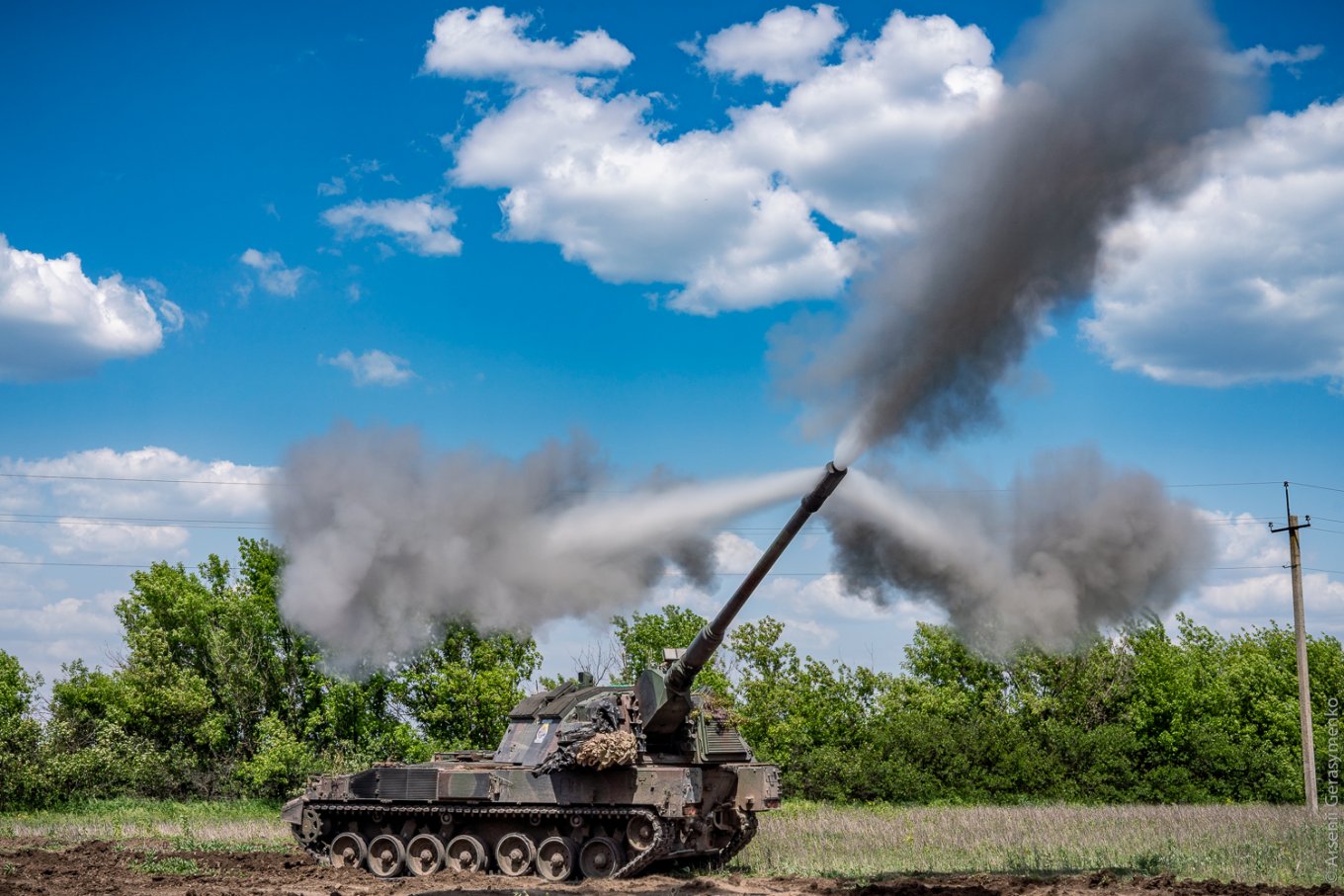
The principal problem was that the German side did not fully understand how combat equipment is repaired during wartime, Ketzel admitted, and pointed at the PzH 2000 as a good example of that:
"I must admit that conceptually we are about a year behind [schedule] in terms of repairs. Why did this happen? Because we are used to the ground forces, unlike the aviation, treating their equipment as consumables. In other words, when we supplied the first systems in early 2023, we thought we would have to supply completely new self-propelled guns afterward, not repair them. About a year later, we visited Ukraine, and it became clear that the repairs carried out directly by the company are only the tip of the iceberg. Here, in Ukraine, a lot of work is taking place in the field conditions."
Ketzel said they weren't ready to provide field repairs in Ukraine. It would be fair to note, however, that setting up such services in another country is a lot of work. For one, to train specialists and stockpile spare parts on the spot. Here, it's worth recalling that in 2022, the Germans had to cannibalize some of the PzH 2000 in order to get those spares.
The aforementioned KNDS service hub in Ukraine, opened late January 2025, was primarily seeking to address the pressing matter of sustaining the Ukrainian fleet of Gepard mobile anti-air guns. Contrary to the statements of the Ukrainian government, over these past six months, the joint venture has repaired not three but actually more Gepard systems, according to Ketzel. Seven units were fixed right in the field.
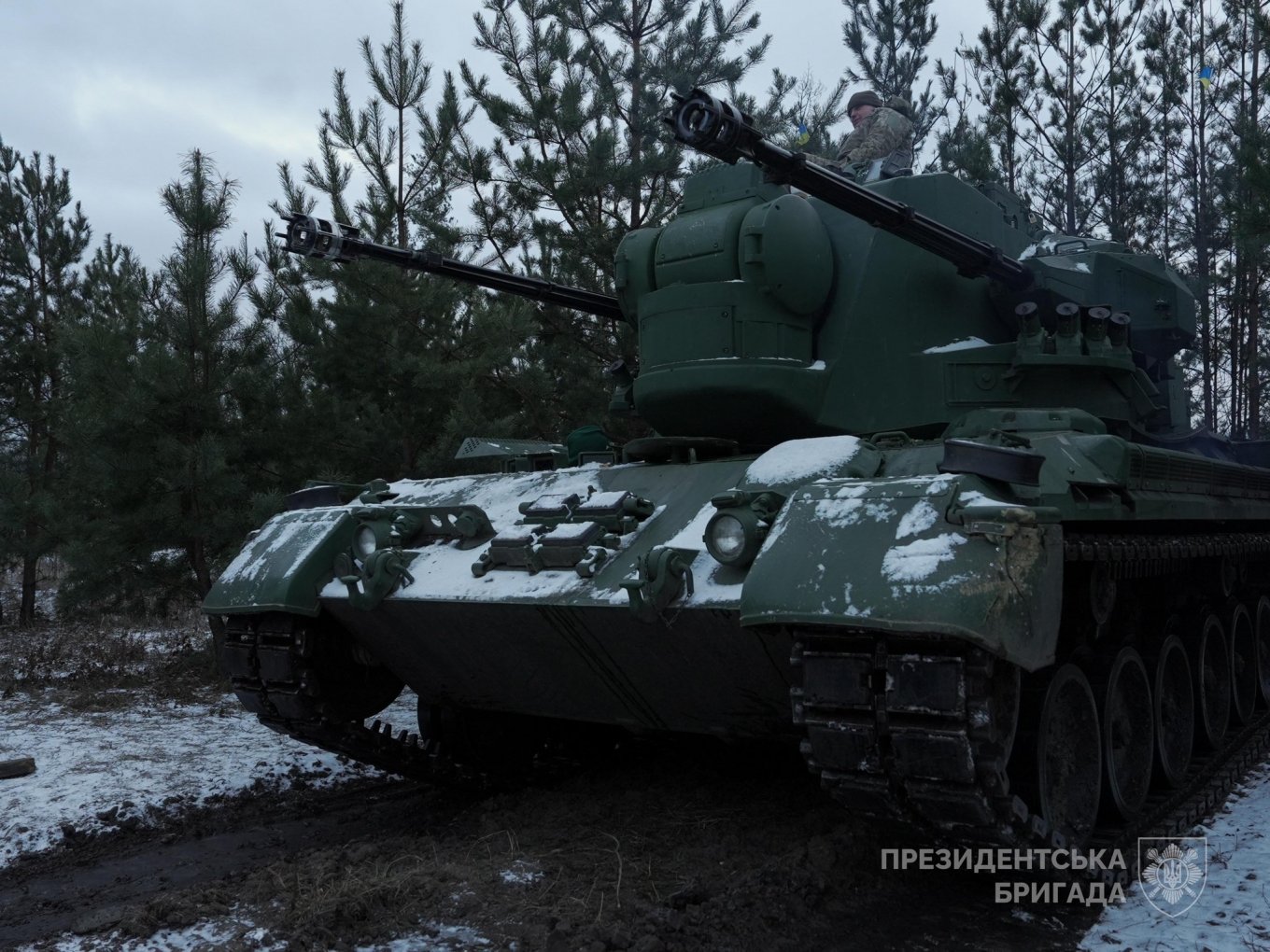
"Now we have created a spare parts stockpile here and are moving on to the implementation stage. Not only will we save time on transportation, filling out declarations, etc. — it's also about motivation and speed of work. In this regard, Ukrainian workers make a very strong impression, since they work with an unparalleled enthusiasm. These are people who know what they do it for."
The journalist asked if Ukraine's bureaucracy was in the way of creating the service center — a callout from Rheinmetall chairman Armin Papperger who blamed paperwork for slowing down the opening of local ammunition plant. The KNDS Deutschland chief, however, disagreed:
"Why, I don't think that's an argument at all. We're not in the Wild West, we can't work in a legal vacuum. There are rules in both Germany and Ukraine. Sometimes it takes time to reconcile them. People on both sides feel a great responsibility and want to do everything properly," Ketzel replied.
Read more: Polish Defense Industry Seeks Deeper Cooperation With Ukraine on NATO's Eastern Flank




